Palma 2031: A Bid for European Capital of Culture
Palma is officially in the running to become European Capital of Culture 2031, a title that has the power to transform cities by placing culture at the very heart of development.
On September 23, Mayor Jaime Martínez Llabrés presented the candidacy in Brussels, calling it “an extraordinary, challenging, and transformative opportunity for our city.”
Backed by the Balearic Government, the City Council, and leading cultural figures, the project has been framed under the slogan Mediterranean in Motion, highlighting Palma’s ambition to be an inclusive, sustainable, and creative cultural hub for Europe.
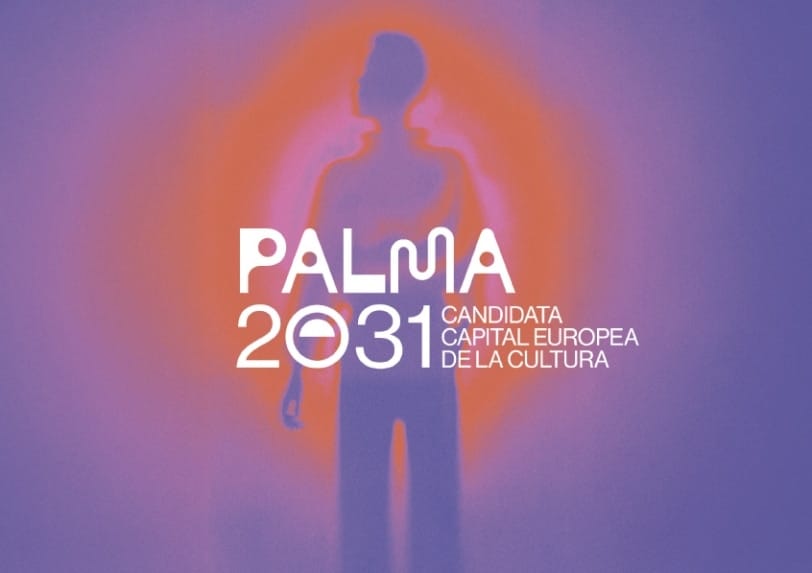
What Is the European Capital of Culture?
Since 1985, the European Union has selected one or two cities each year to serve as epicentres of culture for the continent. The initiative’s objectives go beyond hosting events. They aim to:
- Promote Europe’s cultural diversity.
- Foster intercultural dialogue and give visibility to multiple voices.
- Strengthen social cohesion and inclusion.
- Link culture to sustainability – urban, environmental, and economic.
- Attract talent, investment, and international recognition.
- Improve quality of life through creativity and participation.
In 2031, Spain and Malta will each designate one city to carry the title. Palma is competing nationally with Granada, León, Las Palmas de Gran Canaria, Pamplona, and Vitoria.
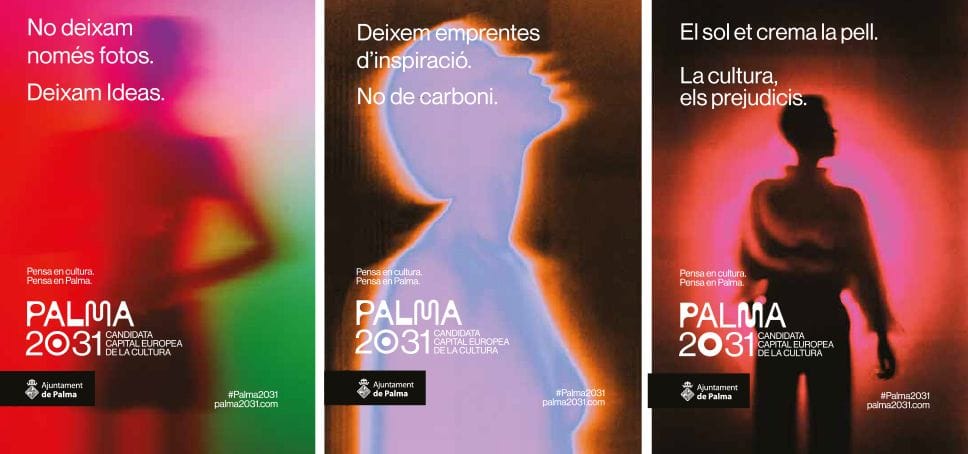
Mediterranean in Motion
The Palma 2031 vision is rooted in accessibility and inclusion. The goal: a culture without barriers, where everyone can participate on equal terms. The project champions universal access to cultural spaces, activities, and content, making diversity and integration central to Palma’s cultural identity.
Unlike other cities’ approaches, Palma has chosen not to appoint a single artistic director. Instead, two independent committees – one artistic, one scientific – are developing the programme with full autonomy. This collective model ensures balance, diversity, and a project built by consensus.
Strategic Projects and Local Impact
During the Brussels presentation, several experts shared examples of projects shaping Palma’s cultural transformation:
- Architect Antoni Barceló spoke about the redevelopment of Plaça Major, transforming both the square and citizens’ relationship with urban spaces.
- Mar Matas of Apropa Cultura Balears highlighted inclusion and human sustainability as essential pillars of the bid.
- Anna Traveset, CSIC researcher, stressed the creation of green spaces and climate refuges, citing the Metropolitan Forest as a flagship example.
Together, these initiatives show how culture is being tied to environmental awareness, social inclusion, and urban innovation.
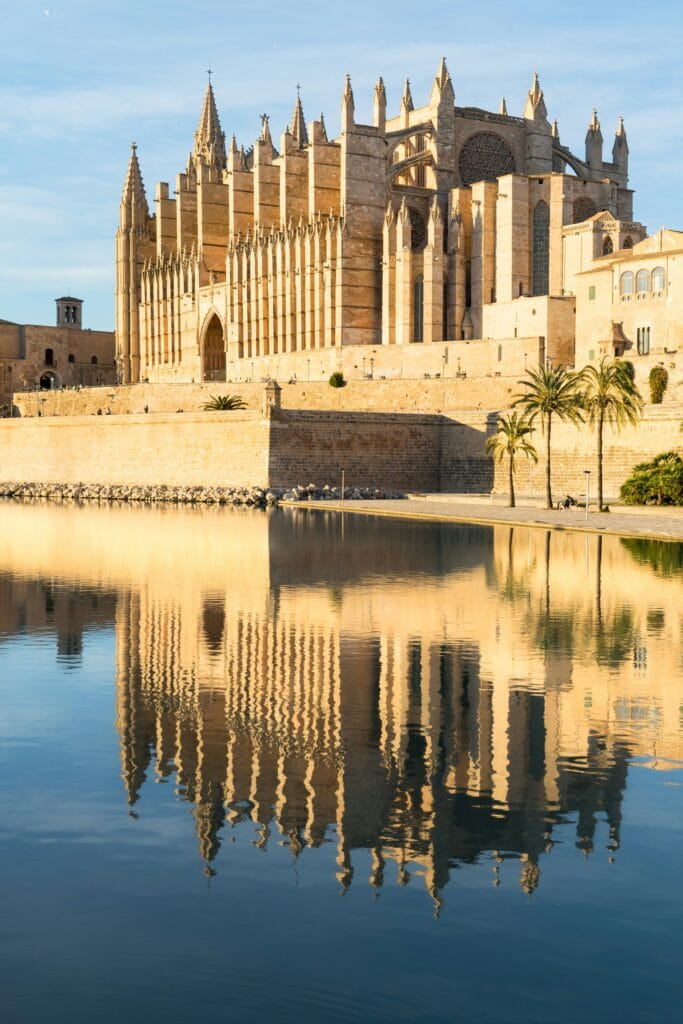
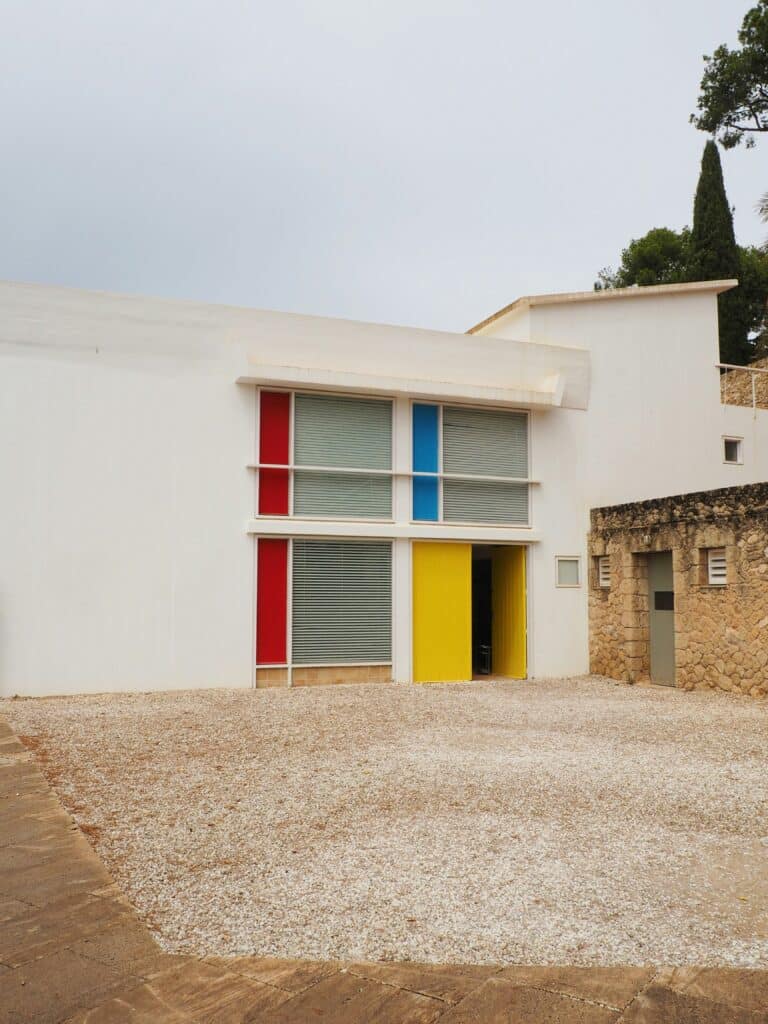
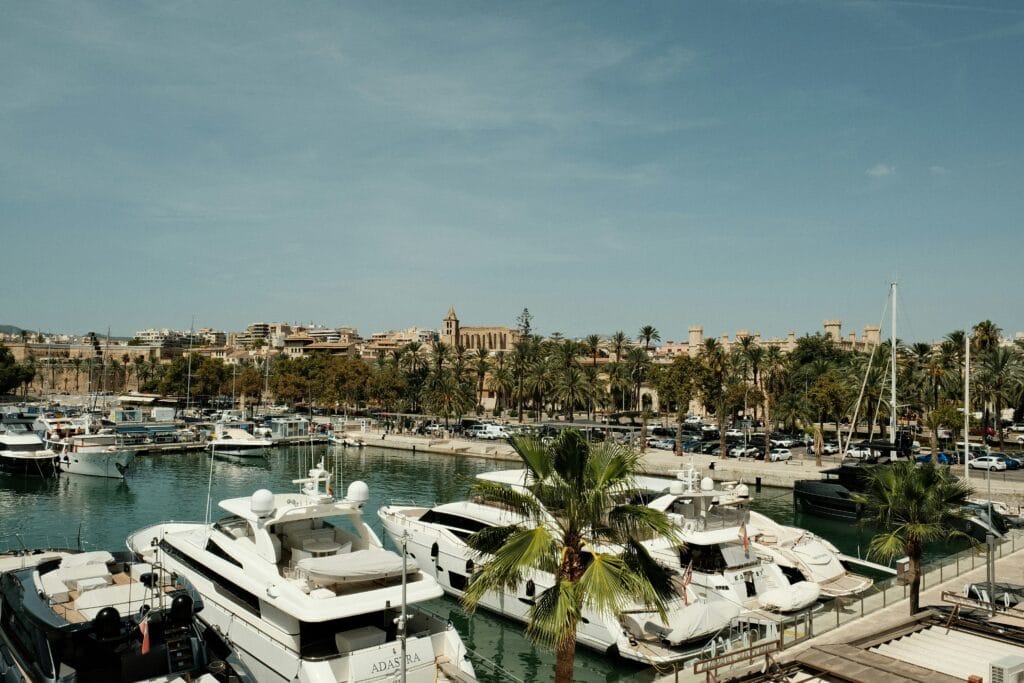
A Collective Project for the Islands
Palma’s candidacy is not only for the city itself but also for all of Mallorca and the Balearic Islands. The process is participatory, inviting citizens, organisations, and cultural groups to contribute projects and ideas. From grassroots initiatives to large-scale artistic collaborations, everyone has a chance to shape Palma 2031.
How to Get Involved
The project encourages locals and residents across the islands to join in:
- Submit a proposal: Share your cultural, artistic, social, or technological project that could make an impact on your neighbourhood, community, or the city at large.
- Become a volunteer: Take part in events, support cultural activities, and experience Palma’s transformation from the inside.
📩 Contact: sumate@palma2031.com
🌐 More info: palma2031.com
Next Steps
All candidate cities must present their projects in detail by the end of 2025, after which a panel of EU experts and Spain’s Ministry of Culture will decide which cities move forward. The final decision will be announced before 2027, giving the winning city four years to prepare for its year as European Capital of Culture 2031.
✨ Palma 2031 is more than a bid – it’s a shared project for an inclusive, creative, and sustainable future, built by and for its people.



